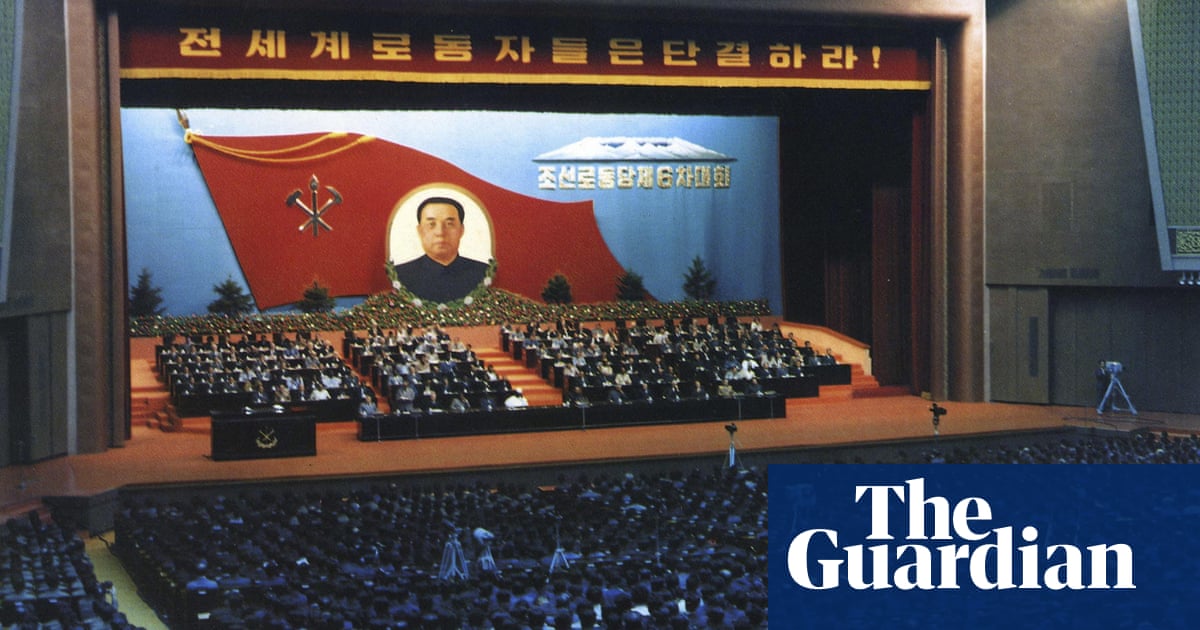The truth lies in between how other countries view North Korea and how North Korea views itself
Ira Bhowmick
Since the establishment of the Democratic People’s Republic of Korea in 1948, the press has suffered immensely. The Korean Workers’ Party completely controls the press and other mass media in North Korea. It is one of the few Communist dictatorships still upholding Soviet communist doctrine. In the news media, no one is allowed to express disagreement. The fact that North Korea acknowledges press freedom as a constitutional right of its population is interesting. The constitutional promise of press freedom, however, and its actual implementation differ significantly. The fundamental right to a free press is denied to North Koreans for the sake of the “collective good” as was determined by President Kim II Sung and his chosen advisors. Much of what is presented as facts about North Korea, is in fact simply opinions that the International media holds of the country. In order to understand how North Korea functions, one must dive deep into their socio-political beliefs and moral values.

Picture Credits: The Guardian
Political dissent is often not expressed openly in North Korea as there are incredibly severe penalties for doing so. Under Article 76 of the North Korea Constitution, it is stated that:
‘Propaganda or agitation carried on for the purpose of overthrowing, undermining, or weakening of the people’s sovereignty by violent or treasonous acts, or urging commission of crimes against the state shall be punished by penal servitude for a term of more than two years and total or partial confiscation of property.’
Despite the lengths the North Korean Government goes to ensure its citizens know the consequences of opposing its power, its press never publishes pieces criticizing the offenders. In the context of the total control North Korea’s leaders have over its media, this is interesting. Unlike International media, North Korean media has no negative news. This is done intentionally. In 1960, Kim Il-Sung stated that writing such news is a foreign concept which does not align with the ideals that North Koreans naturally hold. Therefore, to further nurture that in his people, Kim Il-Sung declared that only positive news which spoke of commendable acts and information would be published in newspapers. This is to ensure that the citizens of North Korea view the socio-political situation of the country in a positive light. The tactic also ensures continued compliance with the norms that have been set in place by the government.
However, this contradicts the reality of how North Korea punishes severe crimes. Several North Korean defectors talk about public executions in the country. In an interview titled ‘What North Korean Defectors think of North Korea’ by the YouTube channel Asian Boss, one defector detailed how she escaped from North Korea to survive starvation due to a famine. Defectors who were caught were publicly executed and it was compulsory for anyone over the age of 11 to watch these executions. The reasoning behind this is to ensure that the citizens remain suppressed out of fear. When Kim Jong-Il was in charge, only the defector would be killed. However, due to the rising number of defectors as well as a change in leadership, under Kim Jong-Un, every member of the defector’s family is killed. There is quite a large gap between North Korean ideology and the reality of the lives of the citizens in the country. One of the defectors being interviewed also mentioned that despite how hungry and oppressed North Koreans are, they are happy. She stated “I think, the more well-off a country, the more stressed the people are, because they think too much. North Korea may be a poor country but North Koreans have more warmth and really care for each other.” (Asian Boss, 2016)
In this context it must be understood that this side of North Korea may never have been understood without the bravery of these defectors. In an article by The Guardian, Barack Obama had stated that “(The) US would use force to defend allies” He condemned the ‘pariah state that starves its people’ during a South Korea trip. (Reporter, 2017) North Korea is often only viewed in a negative light due to the opinions that International media has cast on it based on the very limited information they receive of the secretive State. However, this is not an excuse to do no research. Before information is disseminated about North Korea, the nuances the nation holds should be highlighted to better help people fully understand the situation.
It is important to note that there is no true journalism in North Korea as the press does not have any freedom. It does not have the freedom to present differing opinions nor is it allowed to function autonomously from the government. The people of North Korea, however, are slowly learning the truth about its government and are yearning for change and freedom. Moving forwards, the freedom of the press relies on either a drastic change in political ideology or a change in regime.
References
Press laws in North Korea. (n.d.). Taylor & Francis.
https://www.tandfonline.com/doi/abs/10.1080/01292989109359541?journalCode=rajc20
Reporter, G. S. (2017, September 5). Barack Obama warns North Korea over nuclear testing. The Guardian.
https://www.theguardian.com/world/2014/apr/26/barack-obama-warns-north-korea-over nuclear-testing
Asian Boss. (2016, December 5). What North Korean Defectors Think Of North Korea | STAY CURIOUS #1 [Video]. YouTube.